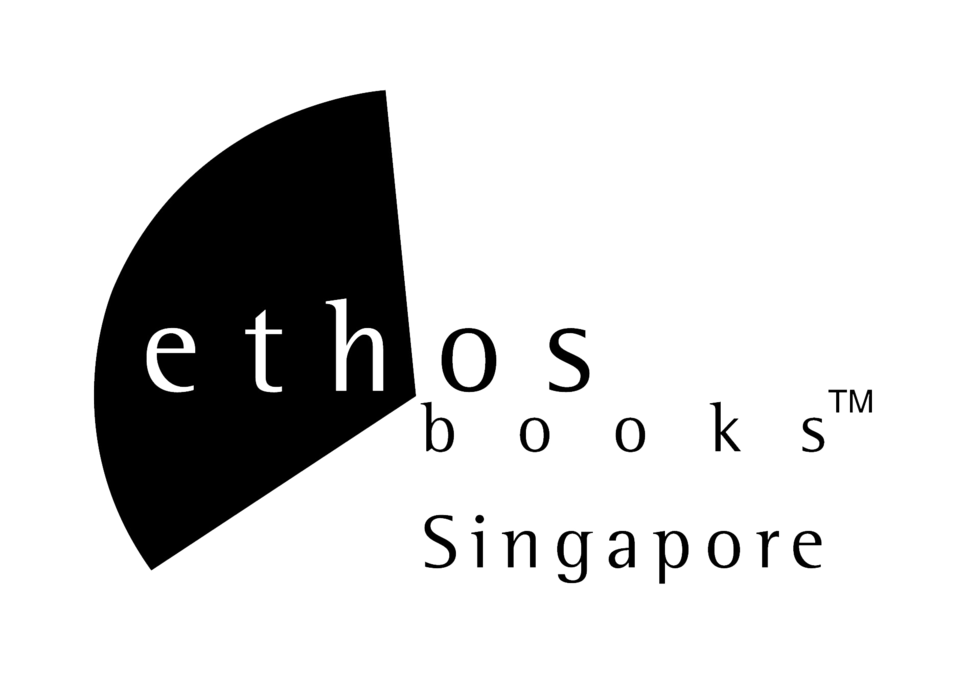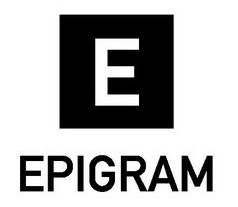Following on from the success of Singapore Writers Festival, we realised here at Asian Books Blog that we ought to give greater coverage to what's going on in our own backyard. The result is Lion City Lit, our new Singapore slot. Here, Rosie Milne talks to R Ramachandran, executive director, National Book Development Council of Singapore.
Singapore aims to position
itself as a centre for publishing of Asian content - it wants any writer with
content relating to Asia to think of it as the place to publish. It helps that the country has four official languages: English; Chinese;
Malay; Tamil. The vibrant local publishing scene is unusual in that it has houses specialising in each language. As part of its strategy to win pre-eminence in the region, the National Book
Development Council makes a number of awards through the Singapore Literature
Prize, which has categories in each language sector. The 2014 awards were announced last week. I asked Mr. Ramachandran about the tiny City-State’s big ambitions.
How does the Singapore Literature Prize contribute to raising Singapore's profile as a centre of publishing?
Books can be eligible even if they are not published in Singapore, and the
award system is geared to grow both to include books published throughout Asia,
and also to include a larger number of categories and languages than at
present.
Other than administering the
Singapore Literature Prize, what else is the National Book Development Council
doing to promote publishing in Singapore?
In order
to serve as an effective centre of Asian content, we need to develop our
translation resources so that Asian content in other languages can be
translated into English and published in Singapore. Such translated works could
be more easily marketed in the region and beyond than could books in Asian
languages. We are planning to set up a translation centre to facilitate translation
of literary works into different languages. We have also upgraded our established
training body, the Academy of Literary Arts and Publishing, to develop the skills
of those in the local publishing industry.
Doesn’t the City-State’s small
size and small books market limit its ambitions?
No. We
publish for the world. For instance, each year we organise the Asian Festival
of Children’s Content. This brings together content creators and
producers, publishers, teachers, librarians and anyone interested in quality
Asian content for children. The Festival carries the slogan: Asian Content for the World’s Children. But it’s not just children’s publishing, we
want all our local publishers to publish beyond the region to the world
market, as do publishing houses in the US and the UK.
Have you learned from other small countries, which have had a big literary impact? I'm thinking of Ireland.
We have
not only studied Ireland, but also Israel and New Zealand, countries whose
writers and creative people have made an impact on the rest of the world. The
great advantage these countries have over us is a longer tradition of
literature and a culture of publishing. Singapore is a migrant state, and a
relatively new one, and even though our fathers and forefathers came from
nations with rich cultural traditions – China, India, the Malay world - they
migrated for materially better lives. Singapore’s early years were essentially
spent on day-to-day matters and economic concerns were predominant. Since
independence, after 50 years of post-colonial development, cultural interests
have come to the fore. The growth of libraries, museums, art galleries,
performing art centres, and a host of other services have emphasised the
importance of the arts.
Okay, but are Singapore’s publishing
ambitions driven by commerce, or culture?
Singapore
has always been a commercial city and it will continue to be. But great commercial
cities also emerge as centres of culture. Take London and New York in the
present day, and Alexandria and Venice in earlier times. All are great examples
of cities that are or were centres of the arts made possible by their
commercial wealth. While commerce and banking are the foundations of wealth in
Singapore, it has also realised the important part culture plays in people’s
lives and is committed to nurture Singapore as a global city of the arts.
The government has spent billions developing arts infrastructure, for example
setting up the National Arts Council,
the Media Development Authority, the School of the Arts, LaSalle College of the
Arts, and the Nanyang Academy of Fine Arts, to train, nurture and support
creative talent.
An international publishing
industry needs an international rights marketplace. Are there any plans for
Singapore to develop a books fair and rights market?
Yes, the
Singapore Book Publishers Association is planning to set up such a fair. The
Book Council hopes to be involved in this effort. Meanwhile, the Book Council
has developed a marketplace for children’s contents called Media Mart as part
of the Asian Festival of Children’s Content. We want Media Mart to become
known as the foremost regional rights fair for children’s content.











